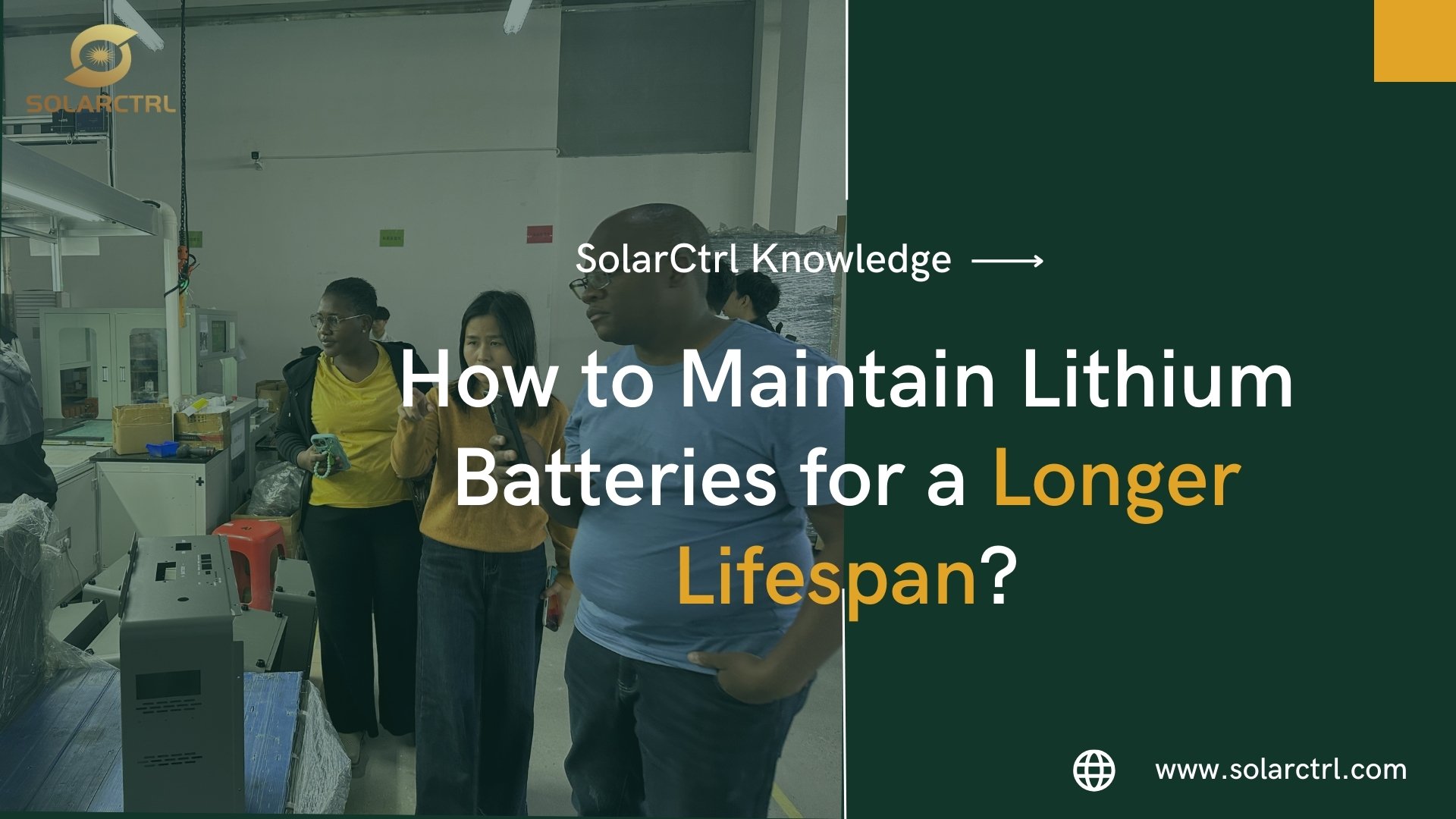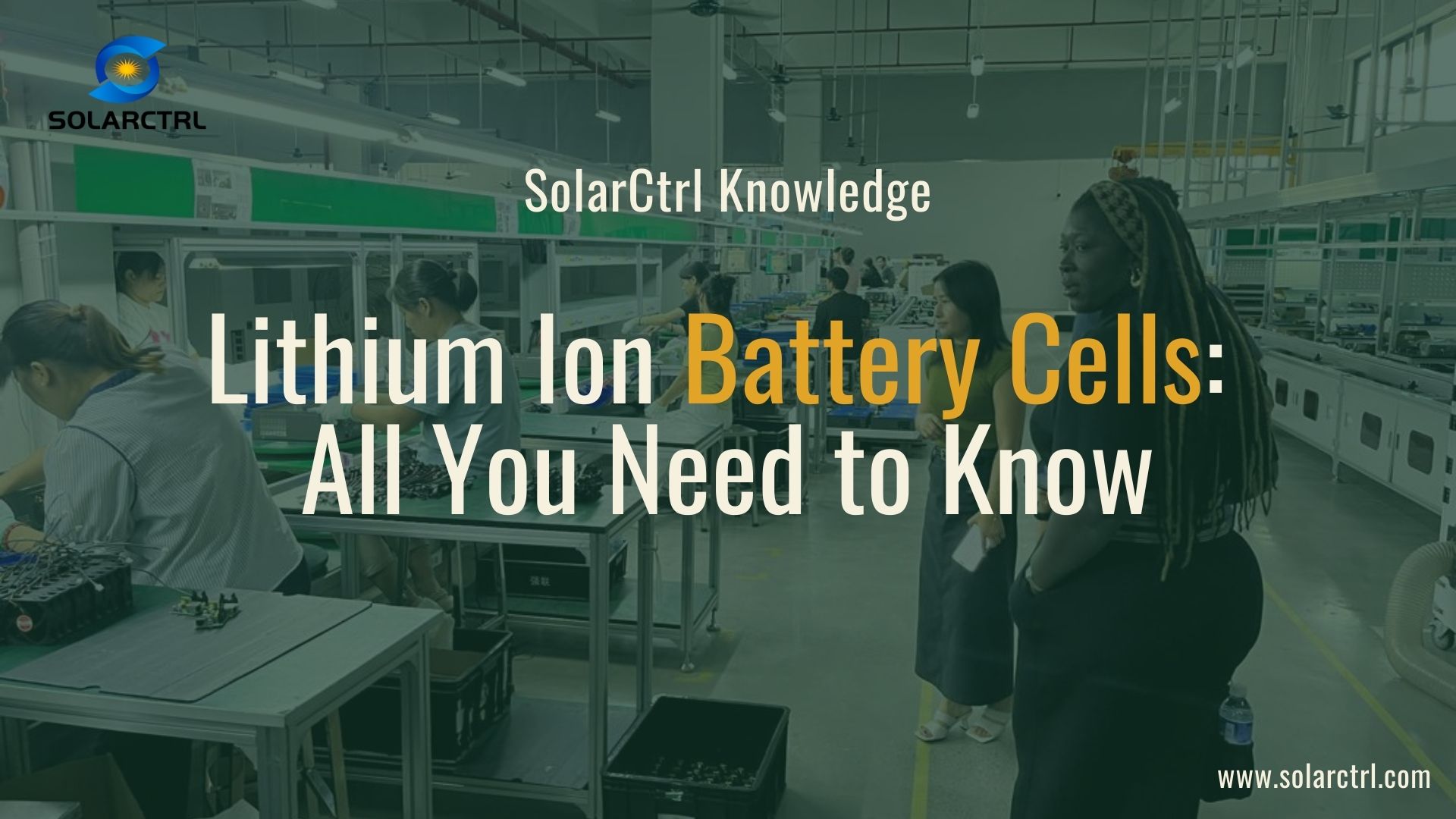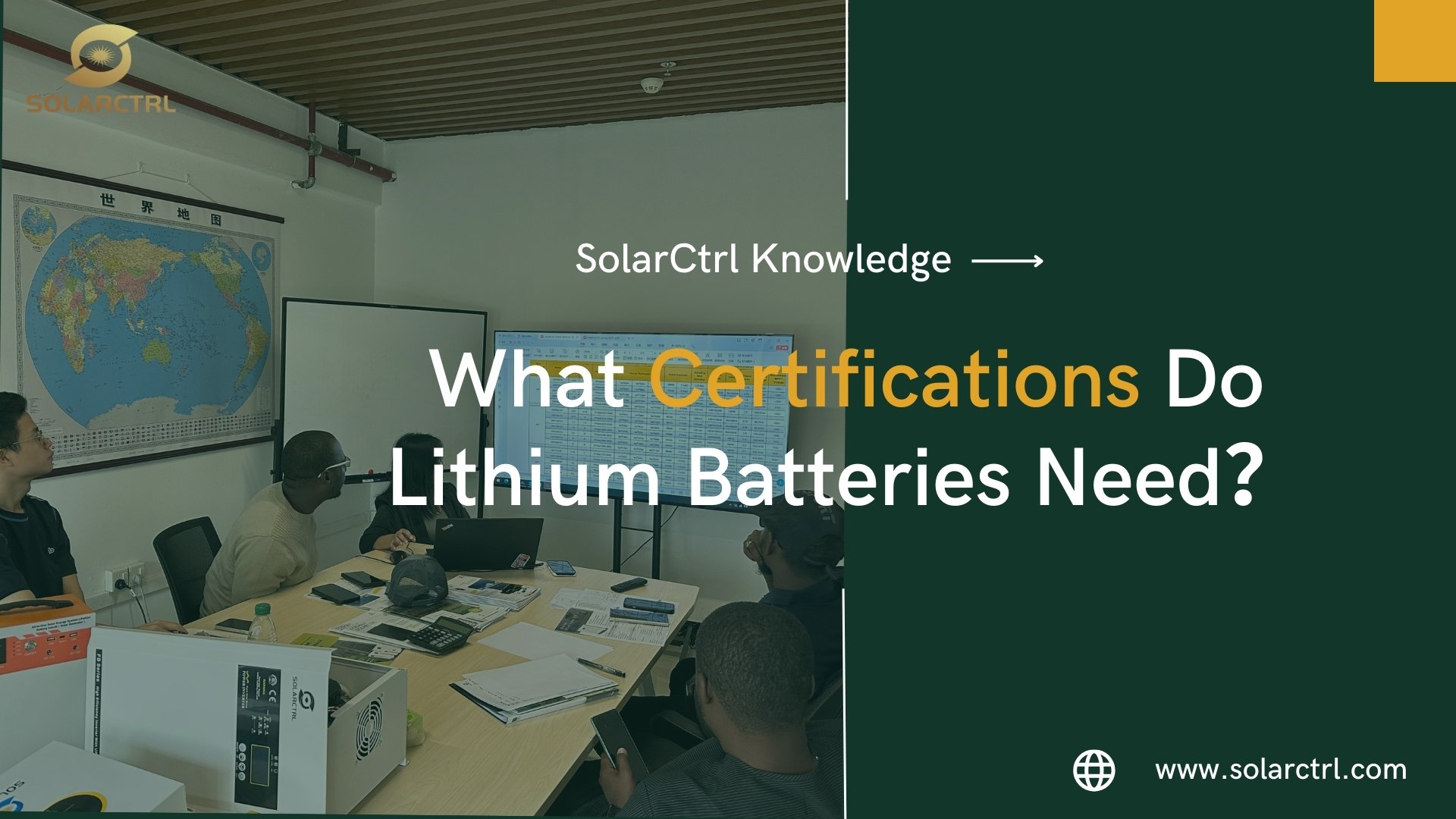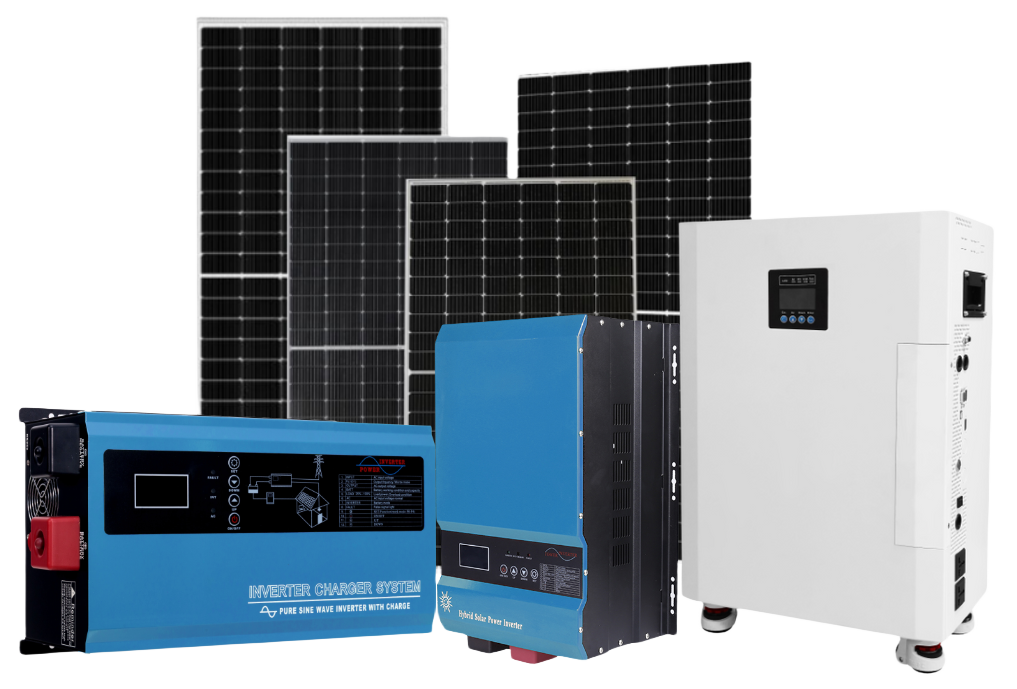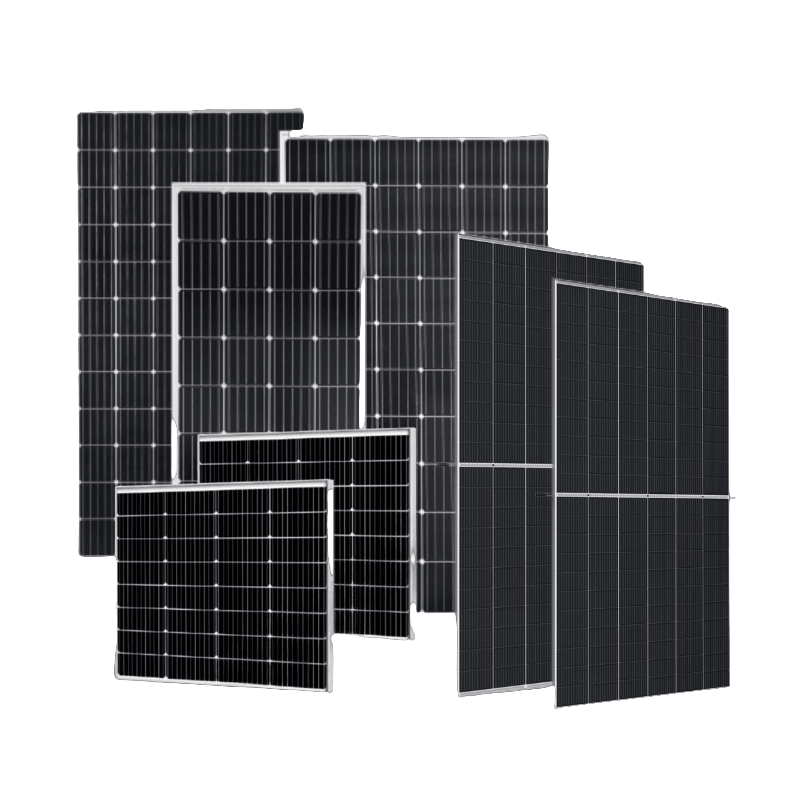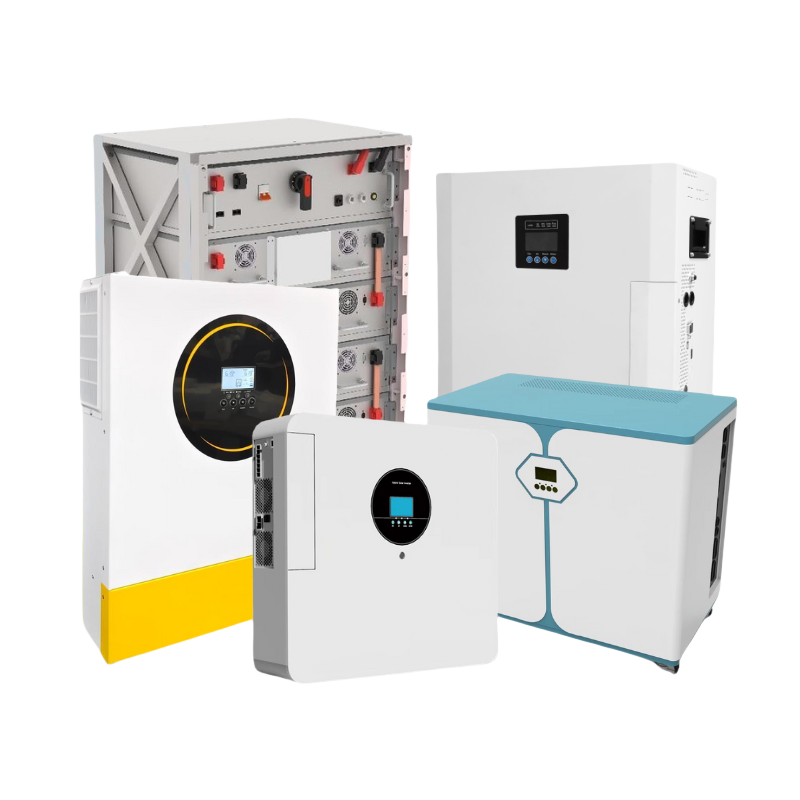Manufacturers design solar panels to last for decades. According to the Solar Energy Industries Association (SEIA), solar panels typically last between 20 and 30 years. Some well-made panels may even last up to 40 years.
Let’s dive deeper into the factors that influence the lifespan of solar panels and explore how to maximize their longevity.
1. Understanding Solar Panel Lifespan
Solar panels, also known as photovoltaic (PV) panels, convert sunlight into electricity. They are a sustainable energy source, and their longevity directly impacts the overall cost-effectiveness and environmental benefits of solar power systems.
The standard lifetime of solar panels is generally expected to span between 25 to 30 years. However, it is important to understand that they do not cease electricity production abruptly after this period; instead, the efficiency with which they convert sunlight to electricity gradually diminishes.
This decrease in efficiency, known as degradation, typically occurs at a rate of about 0.5% to 1% annually. Consequently, after 25 years, you can expect solar panels to produce approximately 75% to 87.5% of the power output they initially provided when they were new. This degradation is largely due to environmental wear and tear—UV exposure, weather changes, and thermal cycling all contribute to the slow but inevitable decline in performance.
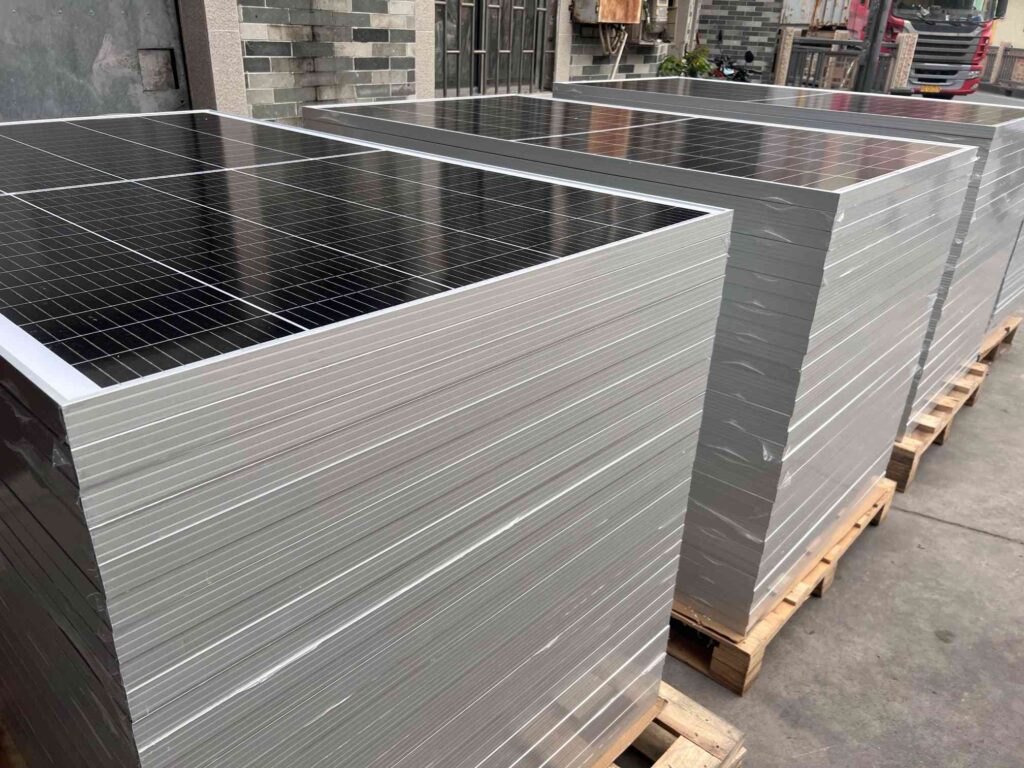
2. Factors Influencing Solar Panel Longevity
The longevity and efficiency of solar panels are influenced by several key factors, each playing a pivotal role in determining how well the panels will perform over their expected lifespan.
2.1 Quality of Materials
The durability and operational efficiency of solar panels are heavily dependent on the quality of materials used in their construction. High-grade materials such as pure silicon for the photovoltaic cells and robust, weather-resistant framing contribute significantly to the panels’ longevity. Panels manufactured from top-tier materials are more capable of resisting degradation from UV exposure and temperature fluctuations, thereby maintaining optimal performance for a longer period.
2.2 Manufacturing Process
The way solar panels are manufactured also impacts their durability. Employing advanced manufacturing technologies and adhering to stringent quality control standards ensures that the panels are free from defects that could compromise their integrity and efficiency. This includes precision in soldering solar cells, ensuring clean and secure connections, and rigorous testing of the panels’ ability to withstand environmental stress.
2.3 Environmental Condition
The environmental conditions in which solar panels are installed are critical to their longevity. Panels exposed to harsh environments such as frequent high winds, hail, or extreme temperature variations are at a higher risk of physical damage and quicker degradation. For instance, panels in coastal areas may suffer from salt mist corrosion, while those in desert regions may be affected by sand abrasion.
2.4 Installation Quality
Proper installation is crucial for maximizing solar panel longevity. Panels must be mounted securely to withstand environmental stresses, and the mounting system should allow for adequate air circulation to prevent overheating. Installations that fail to consider the orientation and angle relative to the sun may also suffer from suboptimal power generation, accelerating wear and reducing effective lifespan.
2.5 Maintenance
Regular maintenance is essential to sustain the panels’ efficiency and extend their service life. This involves routine cleaning to remove dust, debris, and other residues that can block sunlight and reduce output. Regular electrical checks to ensure connections and wiring are intact can prevent potential failures. Inspections can also identify early signs of damage, such as cracking or delamination, which can be addressed before they lead to significant panel degradation.
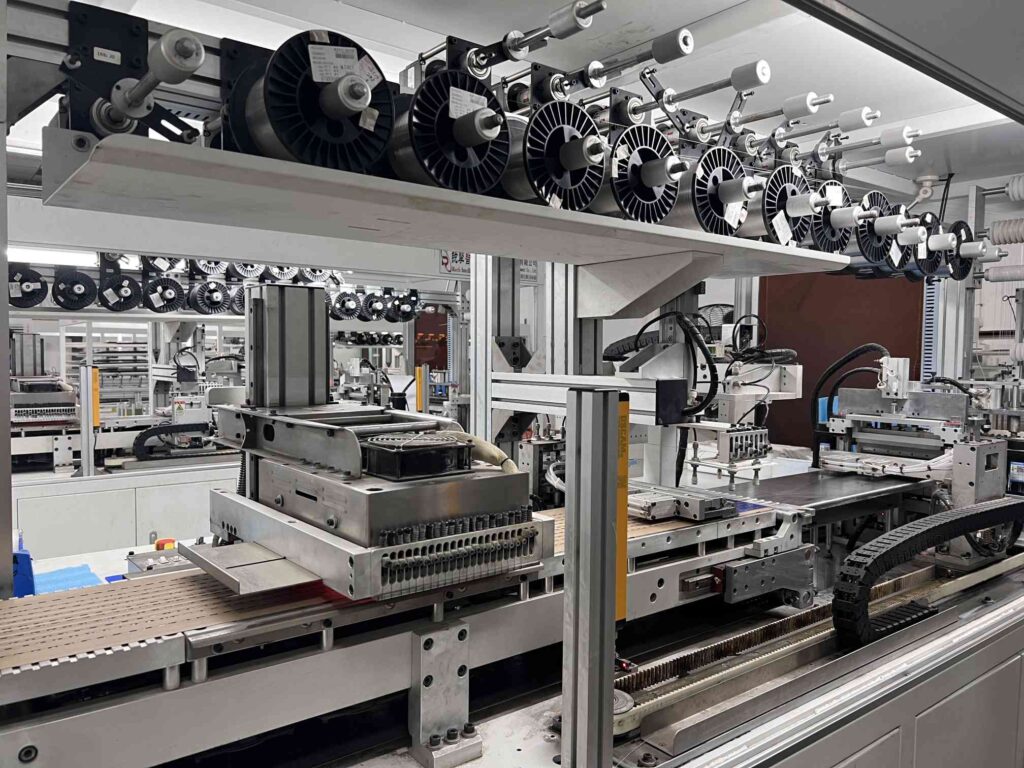
3. Maximizing the Lifespan of Solar Panels
Maximizing the lifespan and ensuring optimal performance of solar panels over their designated lifespan involves implementing several key practices that address potential degradative factors:
3.1 Regular Cleaning
Solar panels are exposed to the environment, which means that dust, pollen, bird droppings, and other debris can accumulate on their surface. This build-up can significantly obstruct sunlight absorption, thereby reducing the panels’ efficiency.
Regular cleaning with appropriate equipment ensures that the panels can operate at maximum efficiency by allowing more sunlight to penetrate the photovoltaic cells. Ideally, panels should be cleaned during the early morning or late evening to avoid hot surfaces or accidental shading during peak sunlight hours.
3.2 Routine Inspections
Periodic inspections are crucial for early detection of potential issues that could degrade panel performance over time. This includes checking for cracks in the glass, which could allow moisture infiltration, inspecting for frayed or corroded wires, ensuring all connections are tight, and looking for any signs of shading that wasn’t present during the initial installation.
These inspections help in taking timely corrective actions, such as replacing damaged components or trimming foliage that may cast shadows on the panels.
3.3 Using High-Quality Components
Investing in high-quality solar panels, inverters, and mounting systems is essential for enhancing the longevity and reliability of your solar energy system. Premium materials and components not only withstand environmental stresses better but also tend to have higher efficiency rates and longer warranty periods. This means fewer replacements, less downtime, and better return on investment over the system’s lifetime.
3.4 Proper Installation
Proper installation by certified professionals is paramount. This ensures that solar panels are not only correctly aligned for maximum sun exposure throughout the year but also securely mounted to withstand environmental conditions such as strong winds and heavy snowfall.
Improper installation can lead to physical damage and inefficient energy production, thus impacting the overall system performance and lifespan.
3.5 Weather Protection
Depending on the geographical location, solar panels can be subjected to a variety of harsh weather conditions. Protective measures like hail guards can prevent damage from falling debris during storms, while wind deflectors can help reduce the mechanical stress on panels caused by high winds.
Additionally, installing adequate drainage around rooftop installations can prevent water accumulation, which could lead to moisture-related damage over time.
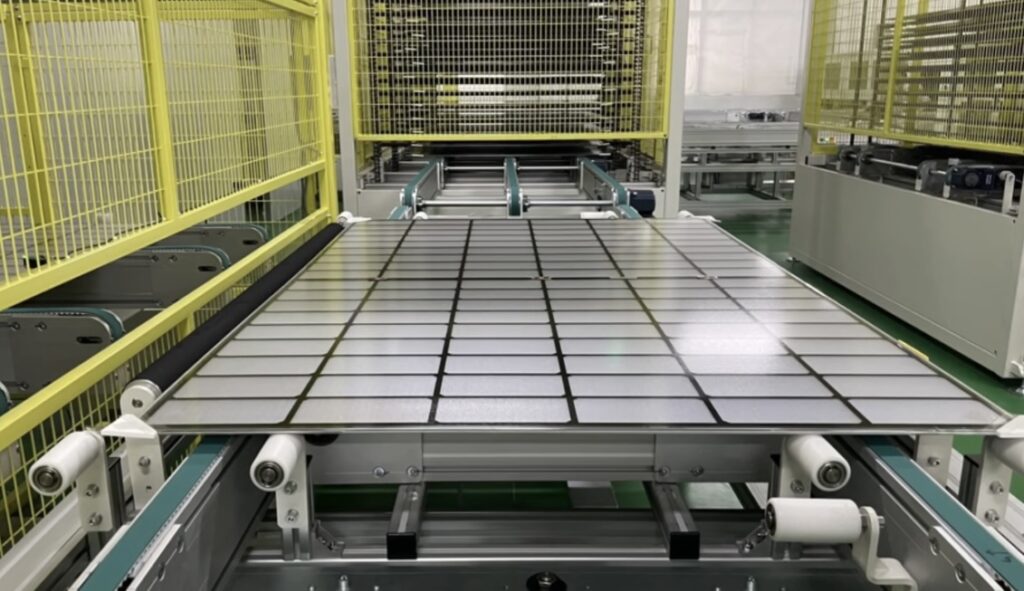
4. Advances in Solar Panel Technology
Advances in solar panel technology have significantly boosted both the efficiency and the lifespan of these essential components of renewable energy systems. Innovations such as bifacial panels and the development of improved materials are at the forefront, pushing the boundaries of solar energy capabilities.
Key Innovations:
4.1 Bifacial Panels
Unlike traditional panels that capture sunlight from only one side, bifacial panels harness solar energy from both the front and back sides, effectively increasing energy capture.
This dual-sided design allows them to generate more electricity in the same footprint, particularly in areas with high reflectivity like snowy or bright surfaces.
4.2 Improved Materials
The development and integration of advanced materials such as PERC (Passivated Emitter and Rear Cell) technology have greatly enhanced the efficiency and durability of solar panels. PERC technology improves light capture and electron retention in the solar cells, boosting the overall efficiency of the panels.
Additionally, the use of more robust encapsulants and tougher glass helps protect panels from environmental stressors such as UV light and temperature fluctuations, thereby extending their operational life.
4.3 Enhanced Warranties
Reflecting confidence in these technological improvements, manufacturers are now offering extended warranties that cover both the performance and the quality of their solar panels. Warranties extending up to 25-30 years are becoming more common, providing long-term assurances on performance, which typically guarantee that the panels will produce no less than 80% of their rated capacity by the end of the warranty period.
This extended coverage is not only a testament to the products’ durability but also serves as a significant incentive for investment in solar technology.
Conclusion
The typical lifetime of solar panels is around 25 to 30 years, with proper maintenance and high-quality materials playing a crucial role in their longevity. Advances in technology are further enhancing the durability and efficiency of solar panels, making them a more viable and sustainable energy solution. By understanding the factors that affect solar panel lifespan and taking appropriate measures to maintain them, users can maximize the benefits of their solar energy systems, contributing to both economic savings and environmental sustainability.
Investing in solar panels is a long-term commitment, and with the right approach, it can provide reliable and clean energy for decades, supporting the global shift towards renewable energy sources.
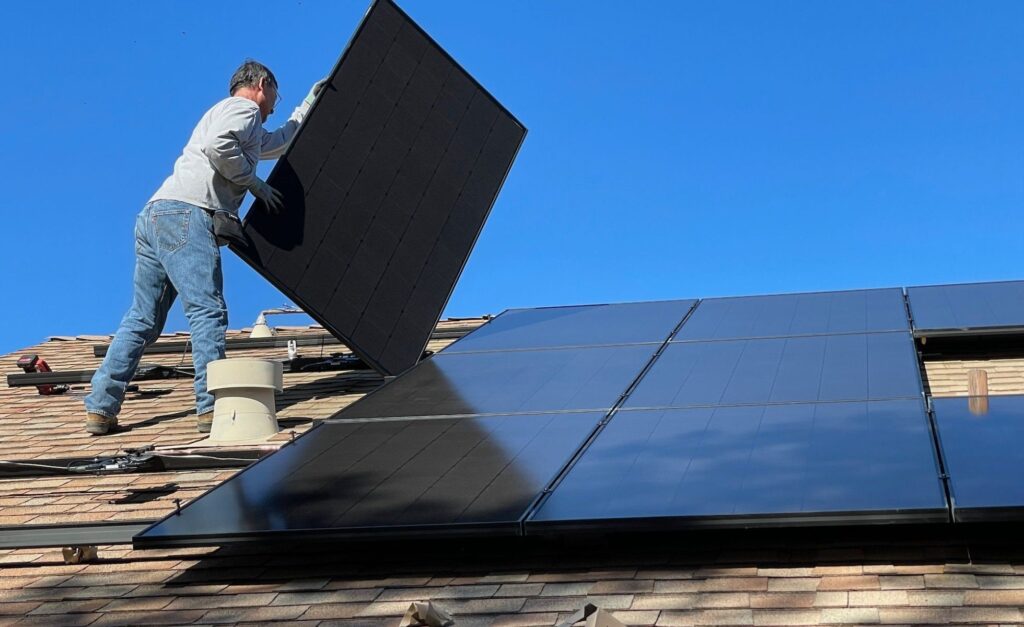
FAQs
1) How long do solar panels last on average?
The industry standard for most solar panels’ lifespans is 25 to 30 years. Most reputable manufacturers offer production warranties for 25 years or more. The average break-even point for solar panel energy savings occurs six to 10 years after installation.
2) What happens after 25 years of solar panels?
Your solar panels won’t necessarily need to be replaced after 25 years, but their ability to capture sunlight will be diminished. Solar panels can generate electricity for another ten or even fifteen years after that.
3) What happens to solar panels after 10 years?
After ten years, that percentage drops back to 80% for the remaining 15 – 20 years. After the system’s useful life, your panels can continue producing electricity. However, depending on your financial goals, you may want to replace them with new ones that will produce electricity at a higher rate.
4) How efficient are 10-year-old solar panels?
Given the typical degradation rate of about 0.5-0.9% per year, a 10-year-old solar panel can be expected to keep 90-95% of its original efficiency. Starting with an efficiency of 20%, it should still deliver around 18-19% efficiency after a decade.
5) How do solar panel warranties work?
Solar panel warranties typically include a product warranty covering defects for 10-12 years and a performance warranty guaranteeing at least 80% output for 25 years. These warranties demonstrate the manufacturer’s confidence in the panel’s durability.
6) How do I know when to replace my solar panels?
Replace solar panels when their output significantly decreases, visible damage appears, or maintenance costs exceed energy savings. Monitoring system performance regularly helps determine the right time for replacement.



